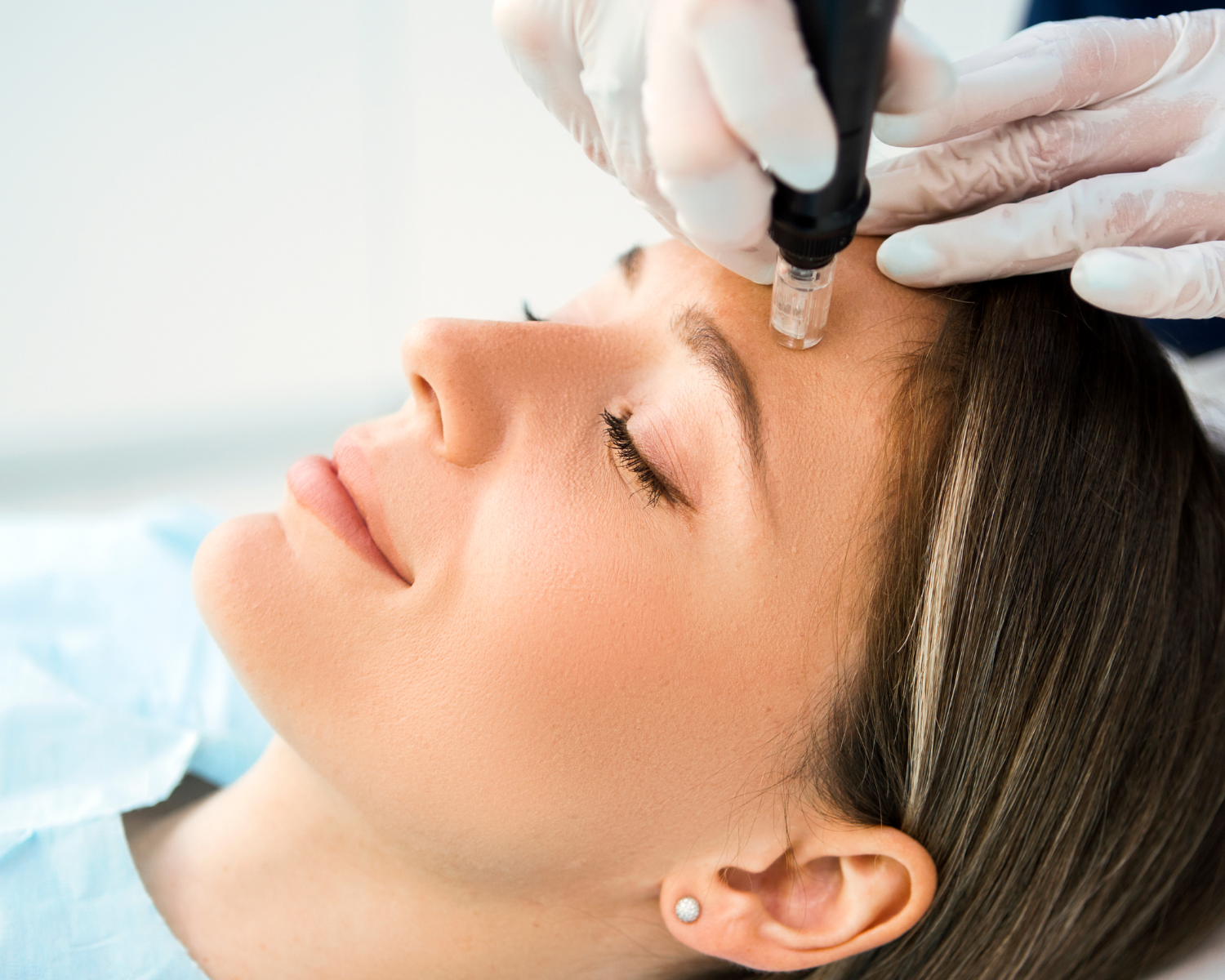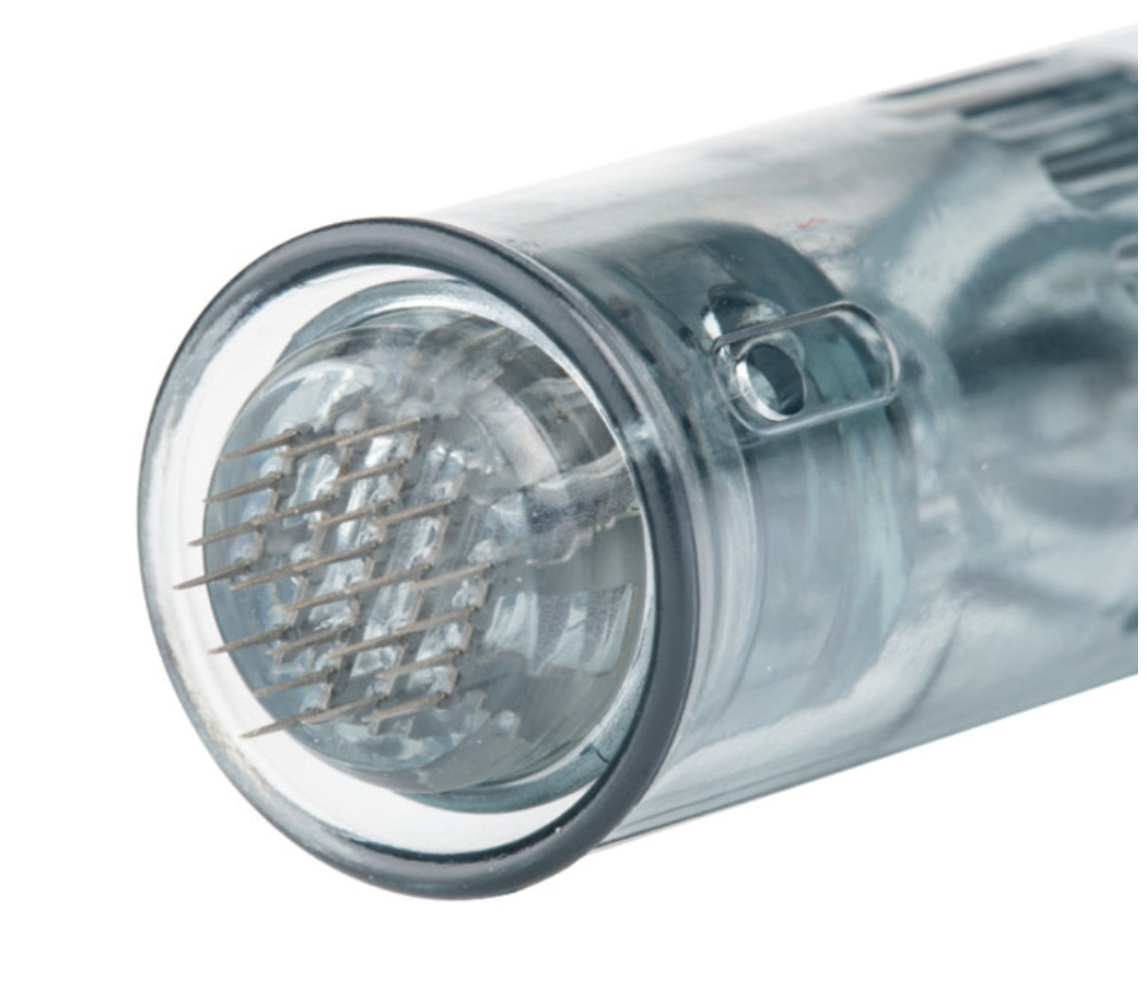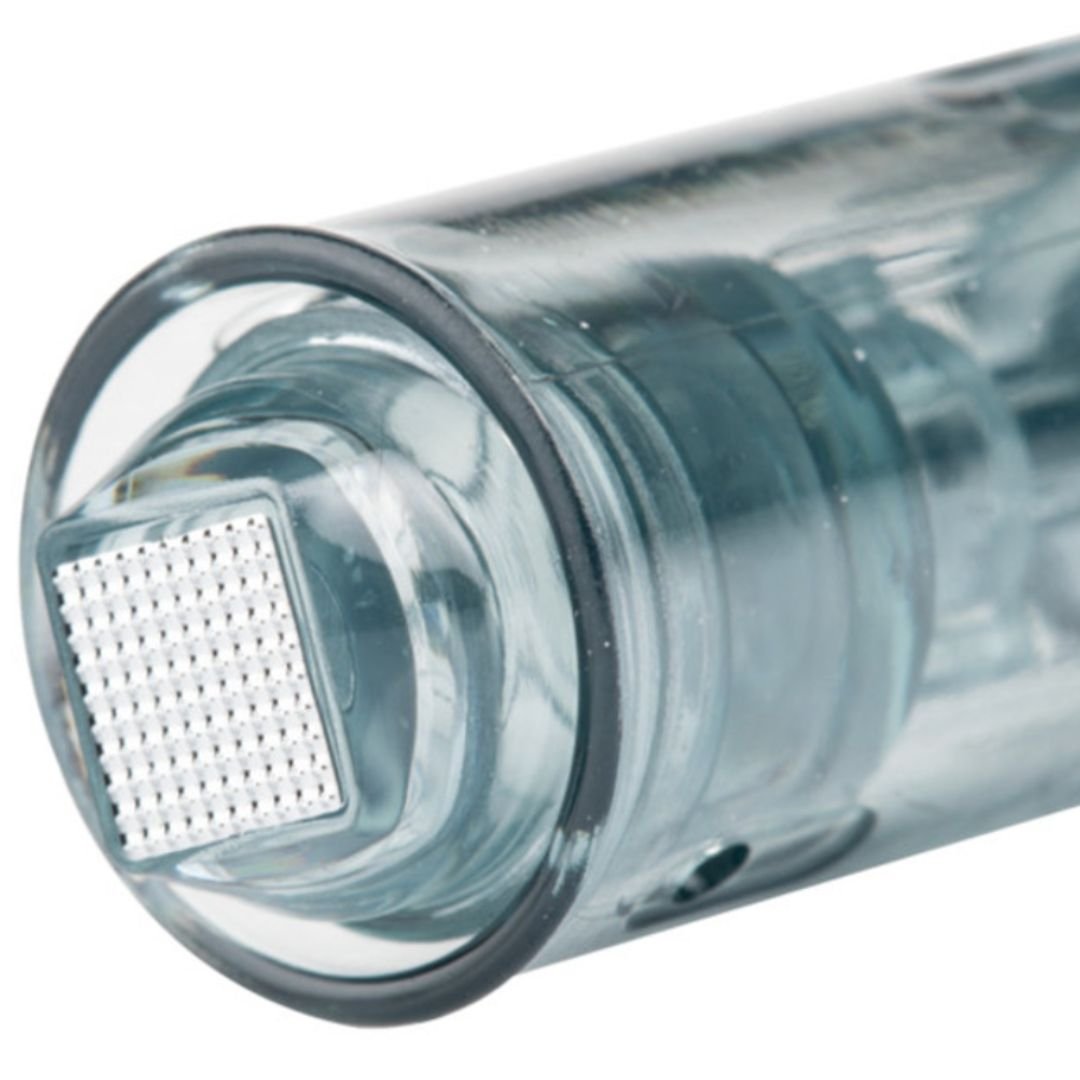
Microneedling Treatments
All About Microneedling
-

What is Microneedling?
Microneedling, also known as collagen induction therapy, is a minimally invasive cosmetic procedure that involves the use of fine needles to create tiny punctures (micro-injuries) in the skin. These controlled micro-injuries stimulate the body's natural wound healing process, promoting the production of collagen and elastin, which are essential for healthy, youthful-looking skin.
-

How does it work?
During a microneedling session, a specialized device with tiny needles is gently passed over the skin, creating thousands of microscopic channels. These channels trigger the skin's natural repair mechanism, leading to increased collagen and elastin production. This process helps to improve skin texture, reduce the appearance of wrinkles, scars, and hyperpigmentation, and enhance overall skin tone and elasticity.
-

Is Microneedling painful?
Most individuals experience minimal discomfort during microneedling treatment. Before the procedure, a topical numbing cream may be applied to the skin to minimize any discomfort. Additionally, the needles used in microneedling devices are very fine, making the procedure generally well-tolerated by patients.
What can Microneedling Treat?
Microneedling can address a variety of skin concerns, including:
Fine lines and wrinkles
Acne scars
Enlarged pores
Uneven skin texture
Hyperpigmentation (such as sunspots or melasma)
Stretch marks
-
The number of microneedling sessions required varies depending on individual skin concerns and treatment goals. In general, a series of sessions spaced several weeks apart is recommended to achieve optimal results. We usually recommend at least 4 sessions every 4 weeks. During your initial consultation, we will assess your skin and customize a treatment plan tailored to your specific needs.
-
Following microneedling treatment, you may experience some redness and mild swelling, similar to a mild sunburn, which typically subsides within a few days. Some individuals may also experience slight peeling or flakiness as the skin undergoes the natural healing process. However, downtime is minimal compared to more invasive procedures, and most patients can resume their normal activities shortly after treatment.
-
Microneedling is generally safe for all skin types and tones. However, it is essential to consult with a qualified skincare professional to determine if microneedling is suitable for your specific skin concerns and medical history.
-
Microneedling Contraindications:
keloid or raised scarring; allergies;
history of eczema, psoriasis, and other chronic conditions
history of actinic (solar) keratosis
history of Herpes Simplex infections
history of diabetes
presence of raised moles, warts, or any raised lesions on the targeted area (we will avoid raised moles during treatment).
Absolute contraindications include:
pregnancy
scleroderma
collagen vascular diseases or cardiac abnormalities
Rosacea and blood clotting problems
active bacterial or fungal infection
immuno-suppression
scars less than 6 months old
facial fillers in the past 14 days.
On Accutane (must be stopped for one year or with a doctor’s note)
Watch a Microneedling treatment by Alexandra
Microneedling VS Nanoneedling
-

Microneedling
Microneedling is a minimally invasive procedure for your skin. Thin needles are used to make tiny holes in the top layer of your skin. The damage helps stimulate your skin’s healing process, so it produces more collagen and elastin. These proteins keep your skin firm and smooth.
SKIN CONCERNS: Deep Wrinkles, hypopigmentation, stretch marks, deep acne scars, cellulite, hair loss.
-

Nanoneedling
Nano needling is a non-invasive skin treatment delivery system designed to rejuvenate your skin and treat common issues like lack of tone, uneven texture, acne, excessive pigmentation, scarring, and loss of elasticity. There is no pain, inflammation, bleeding, or discomfort. There is no risk of post-traumatic hyperpigmentation, nor is there any big recovery time.
SKIN CONCERNS: Fine lines & Wrinkles, Swelling, Dark pigmentation, Sagging skin.

